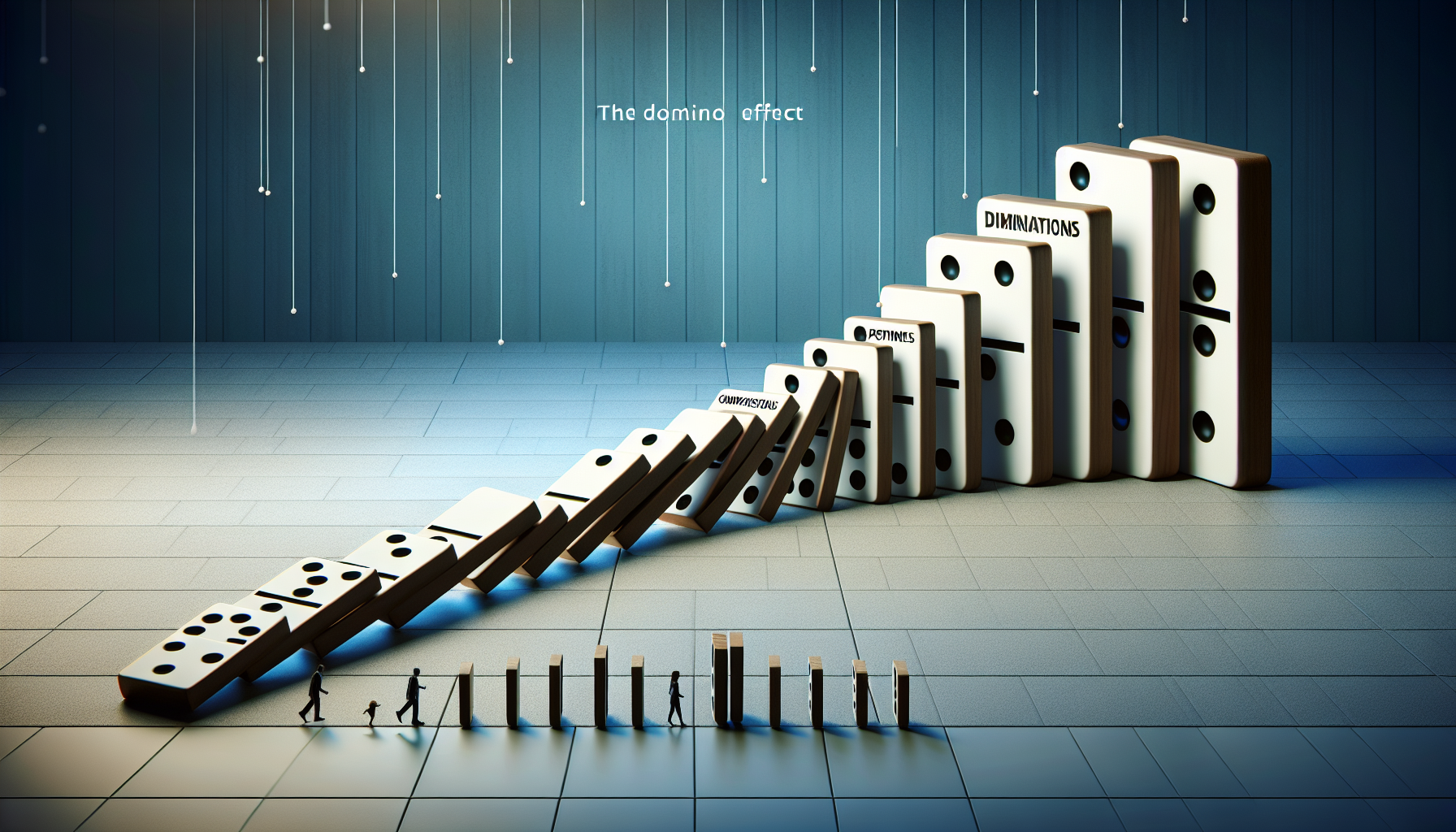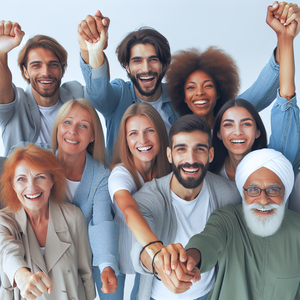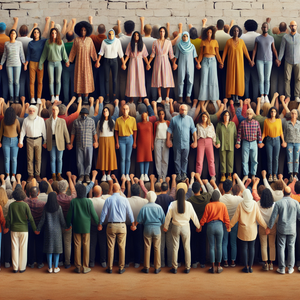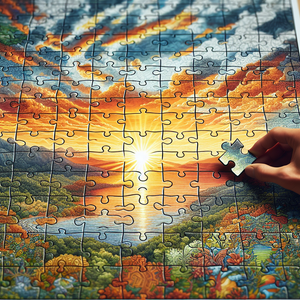The Personal Stories Behind Hurricane Milton: Voices from Affected Communities

In the days leading up to Hurricane Milton, the atmosphere was charged with an unsettling mix of anticipation and anxiety. For many residents, the storm was a looming threat that brought memories of past hurricanes flooding back. Maria, a lifelong resident of a coastal town, recalls the moment she heard the news. "We were glued to the television, watching updates. It felt surreal, like a movie. But this was our home; we had to prepare." Preparation took many forms. Families gathered supplies, boarded windows, and made contingency plans. For some, it was a chance to come together. "Our neighbors formed a group chat to check in on each other. It was comforting," shares David, a father of two. "We were all scared, but we had each other."
The Storm's Fury
As Hurricane Milton made landfall, the reality of the situation unfolded in devastating ways. High winds and torrential rains battered homes, uprooted trees, and transformed familiar landscapes into scenes of chaos. For residents like Sarah, the storm’s impact was immediate and personal. "When the power went out, it felt like the world had stopped. My kids were frightened. We huddled together in the living room, listening to the howling winds." The aftermath was equally harrowing. Many families returned to find their homes damaged or completely destroyed. "We lost everything," says Mike, a local business owner. "Our shop was our lifeblood. Seeing it in ruins was heartbreaking." The emotional toll was palpable, as families grappled with loss and uncertainty. Yet, amidst the destruction, there was a glimmer of hope.
Community Resilience and Response
In the wake of Hurricane Milton, stories of resilience began to emerge. Neighbors helped neighbors, offering shelter, food, and emotional support. Local organizations mobilized quickly, providing resources to those in need. "I never realized how strong our community was until that day," reflects Angela, a volunteer at a local relief center. "People came together in ways I’ve never seen before. It was inspiring." The rebuilding process was slow and fraught with challenges, yet stories of perseverance abound. For families like the Johnsons, who lost their home, the support from the community made a significant difference. "We’re slowly getting back on our feet. It’s a long journey, but we’re not alone," says Lisa Johnson. "We have our neighbors, our friends, and that makes all the difference."
Art as Healing
In addition to community support, art emerged as a powerful tool for healing. Local artists began to create works inspired by their experiences during and after the storm. Murals depicting hope and resilience sprang up in neighborhoods, while poetry and music captured the emotional landscape of recovery. "Art helped me process everything," says artist Carlos. "It was a way to express the pain and the hope." In one poignant mural, a phoenix rising from the ashes symbolizes the community's resilience, reminding residents that they can rebuild and rise again.
Hurricane Milton was more than just a weather event; it was a catalyst for stories of resilience, community, and healing. Through personal testimonies, we see the strength of the human spirit in the face of adversity. The journey of recovery continues for many, but the bonds forged during this challenging time serve as a testament to the power of community. As they rebuild their lives, the voices of those affected by Hurricane Milton remind us that even in the darkest moments, hope and solidarity can shine through.
Disaster Recovery Coordinator
FEMA, local government agencies, non-profit organizations focused on disaster relief
Core Responsibilities
Develop and implement disaster recovery plans in collaboration with local government and community organizations.
Manage resource allocation and provide support to affected individuals and families.
Facilitate workshops and training sessions on disaster preparedness and recovery.
Required Skills
Strong organizational and project management skills.
Excellent communication and interpersonal abilities to liaise with various stakeholders.
Experience in community outreach and engagement.
Community Outreach Specialist
Non-profits, local community centers, government health departments
Core Responsibilities
Engage with community members to assess needs and provide information on available resources post-disaster.
Coordinate volunteer efforts and community events to foster collaboration and support during recovery.
Create educational materials to promote preparedness and resilience strategies within the community.
Required Skills
Proficiency in public speaking and community engagement techniques.
Experience with social media and public relations to enhance outreach efforts.
Cultural competency to work effectively with diverse populations.
Environmental Restoration Technician
Environmental non-profits, government agencies, conservation organizations
Core Responsibilities
Assist in assessing and restoring damaged ecosystems following natural disasters, focusing on both flora and fauna.
Collaborate with environmental agencies to implement restoration projects and monitor their effectiveness.
Conduct field studies and collect data to inform future disaster preparedness strategies concerning environmental impact.
Required Skills
Knowledge of environmental science, ecology, or a related field.
Fieldwork experience, including data collection and analysis.
Familiarity with restoration techniques and native species management.
Mental Health Counselor specializing in Trauma Recovery
Mental health clinics, non-profit organizations focused on trauma recovery, community health centers
Core Responsibilities
Provide counseling and support services to individuals and families affected by trauma from natural disasters.
Develop and implement community mental health programs to address post-disaster psychological needs.
Collaborate with local organizations to create workshops focused on trauma-informed care and resilience building.
Required Skills
Master’s degree in psychology, counseling, or social work, with a focus on trauma and disaster response.
Strong empathy and active listening skills to effectively support clients.
Experience with crisis intervention techniques and community mental health resources.
Urban Planner specializing in Disaster Resilience
Urban planning firms, local government agencies, research institutions
Core Responsibilities
Design and implement urban planning strategies that enhance community resilience to natural disasters.
Analyze zoning laws and building codes to recommend changes that improve safety and sustainability.
Work with local governments and stakeholders to incorporate disaster risk reduction in development plans.
Required Skills
Degree in urban planning, geography, or a related field with a focus on disaster resilience.
Strong analytical and problem-solving skills to assess risks and develop strategic plans.
Familiarity with GIS software and urban planning tools.


